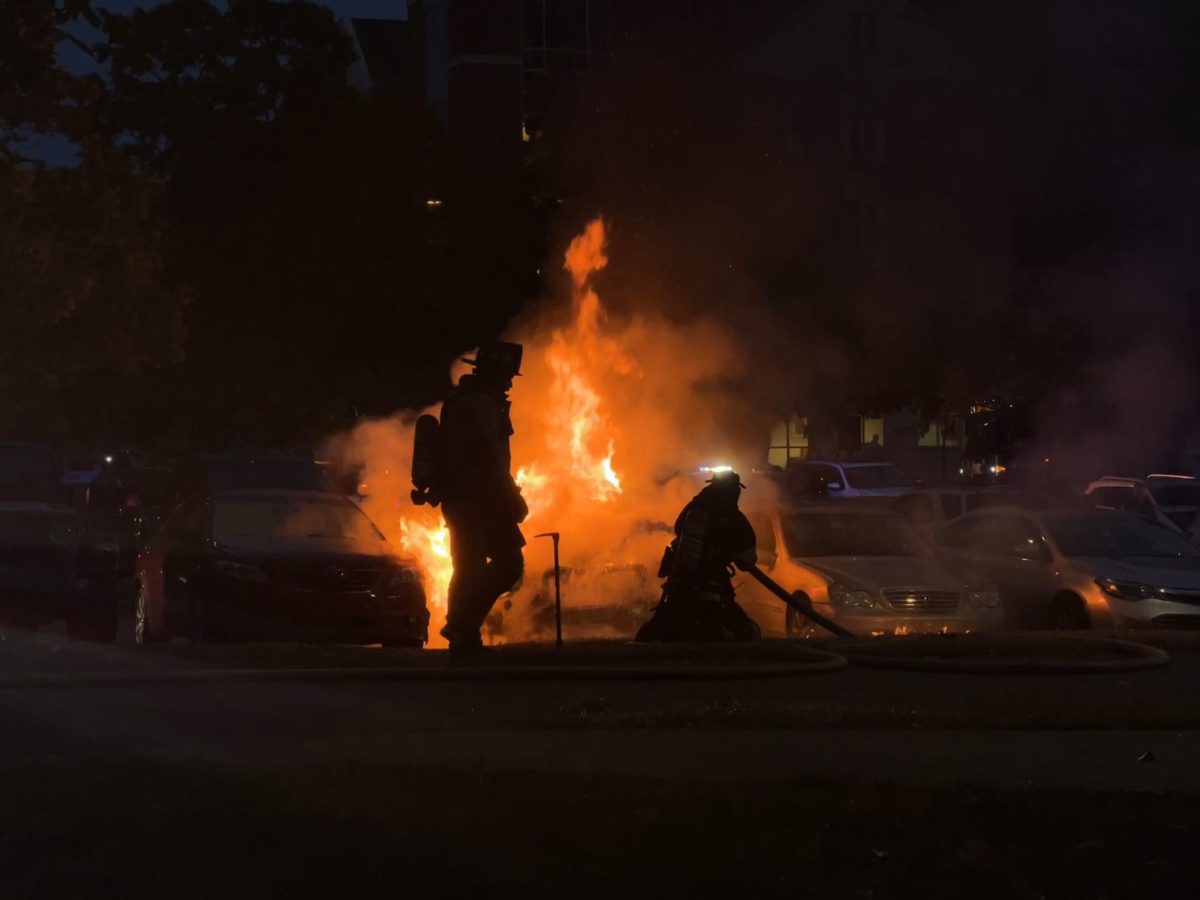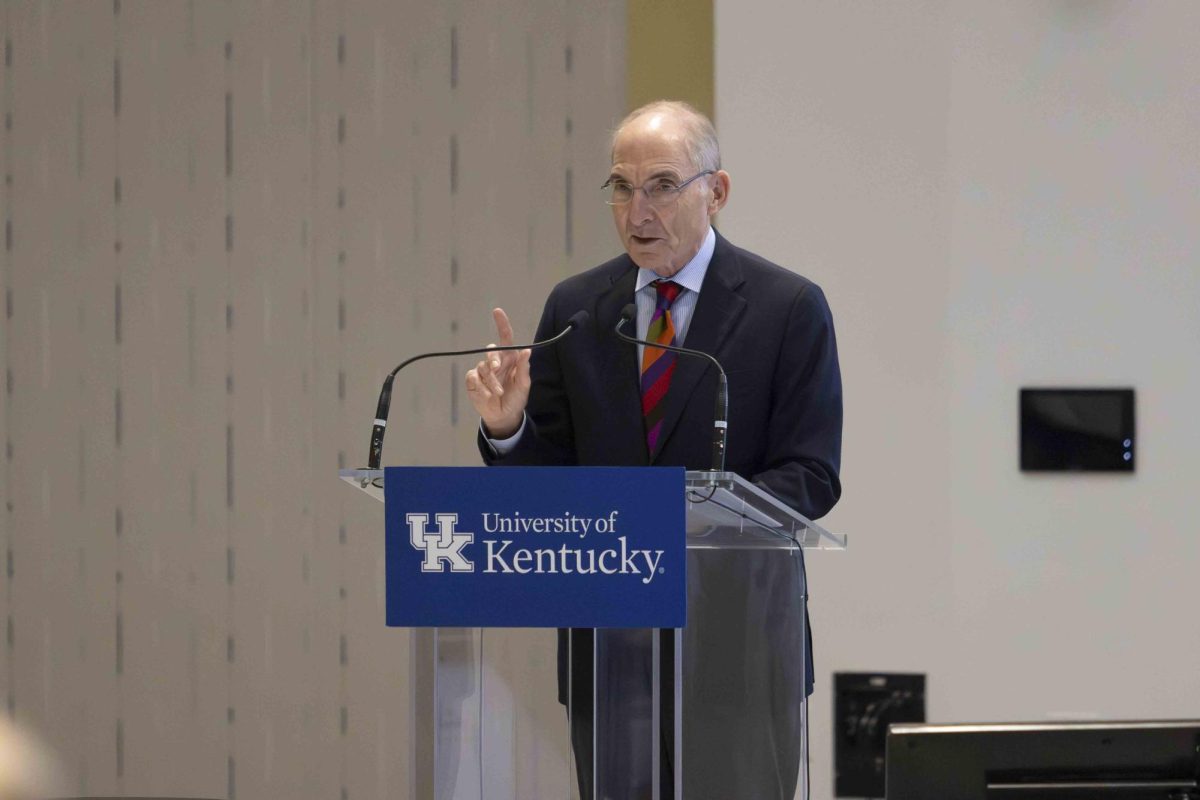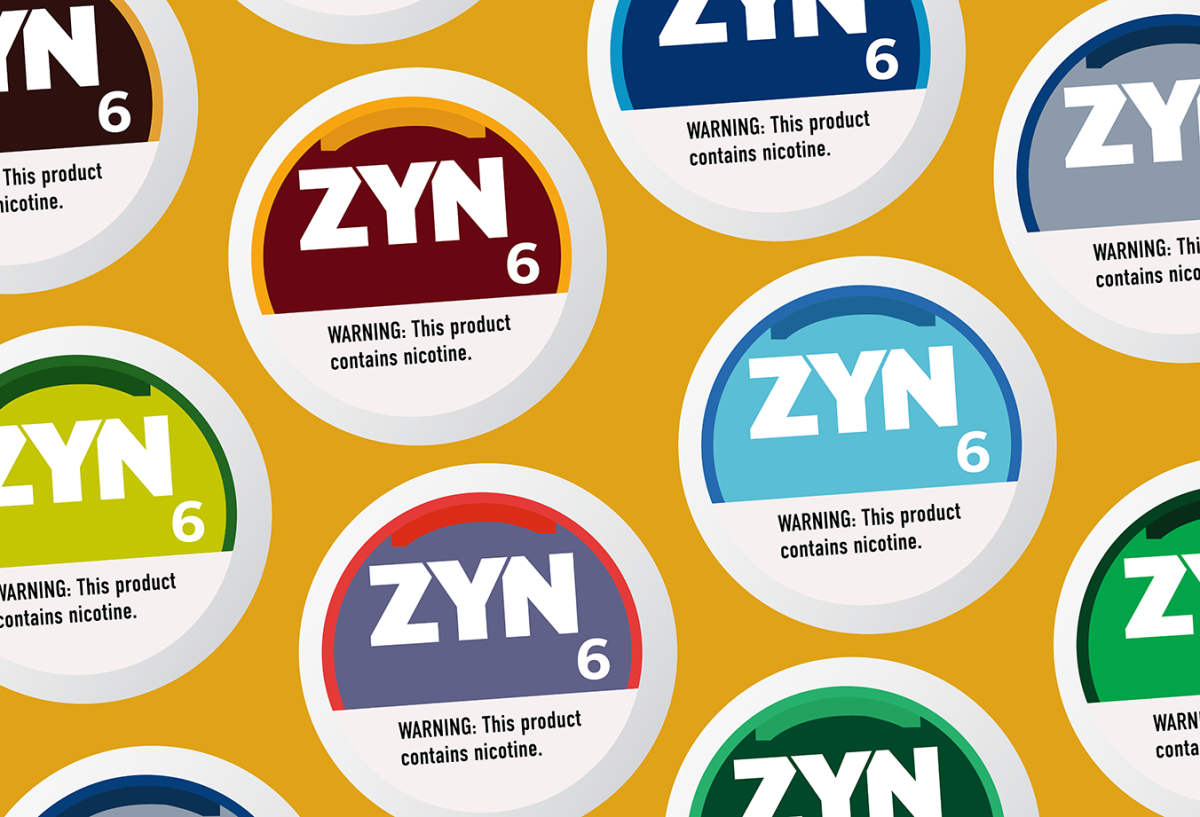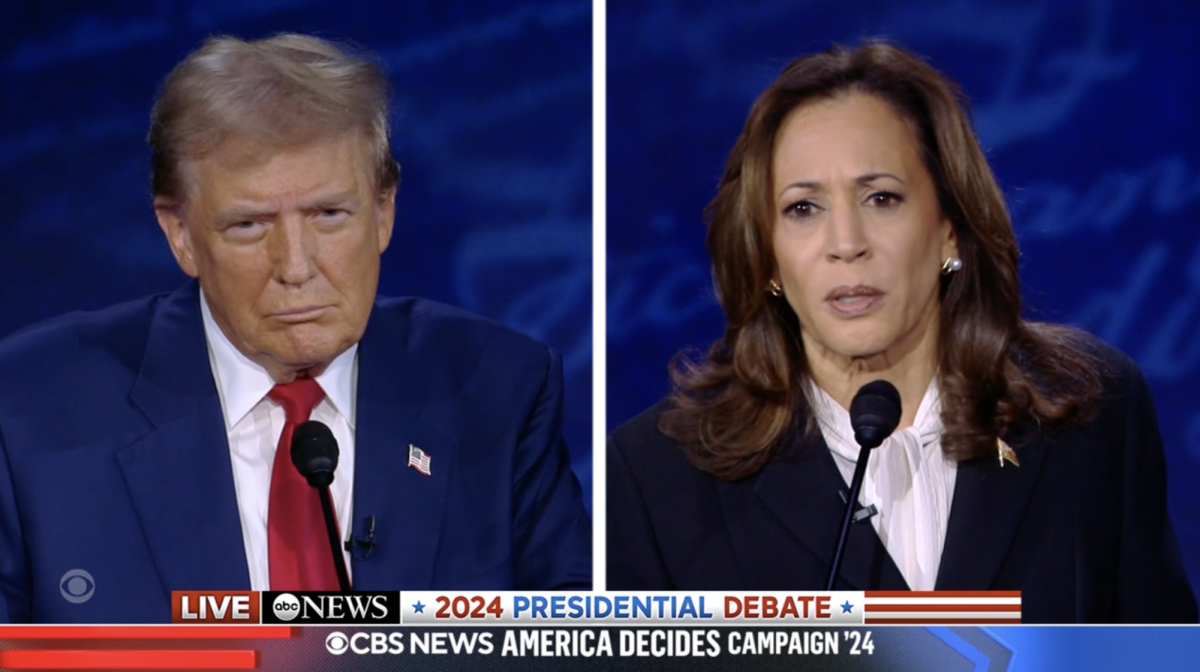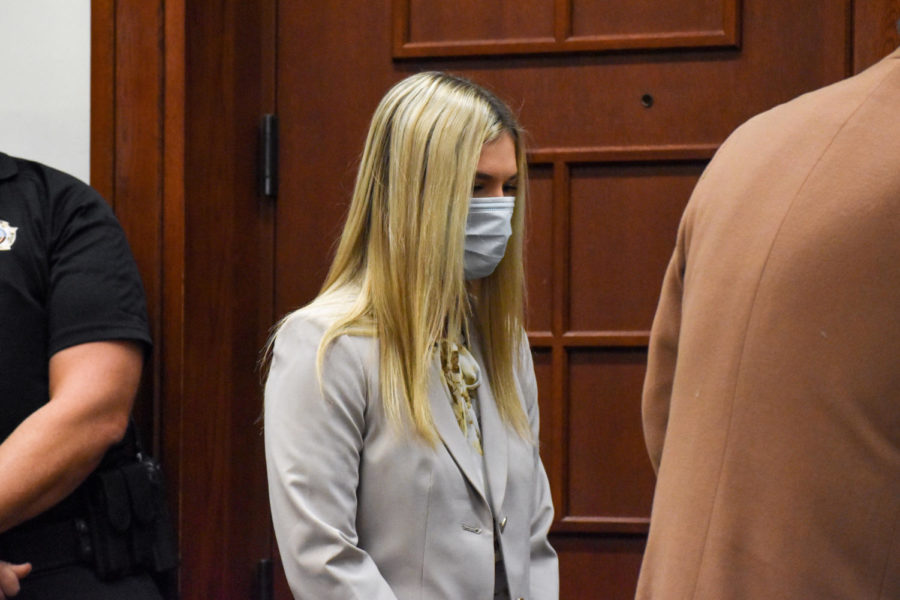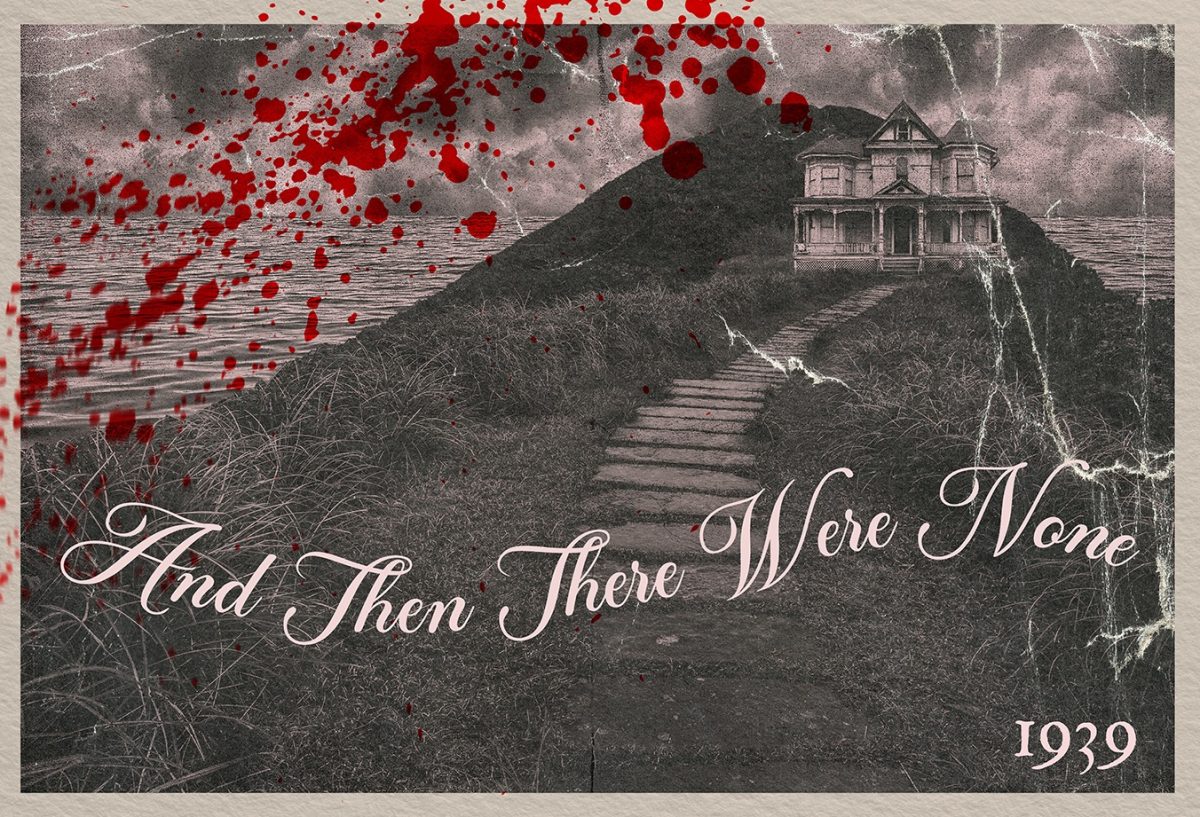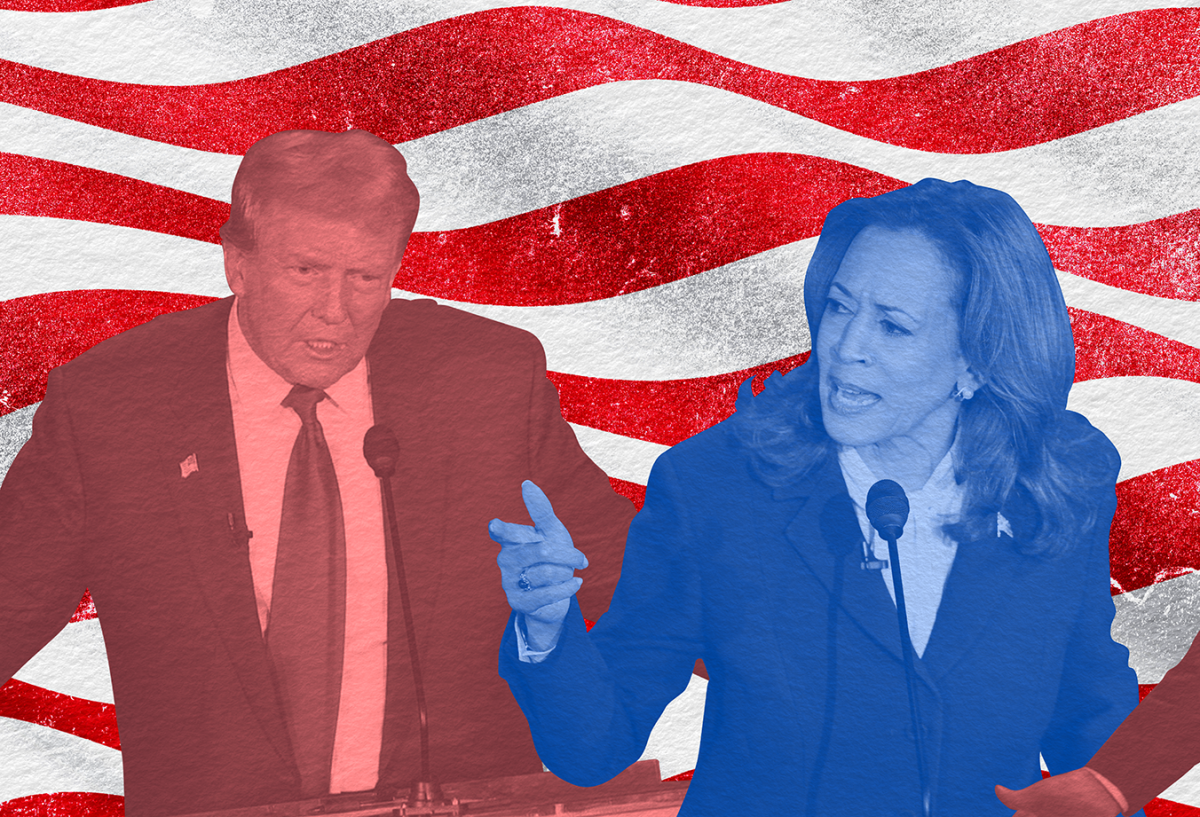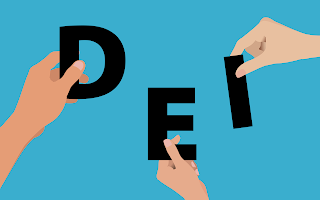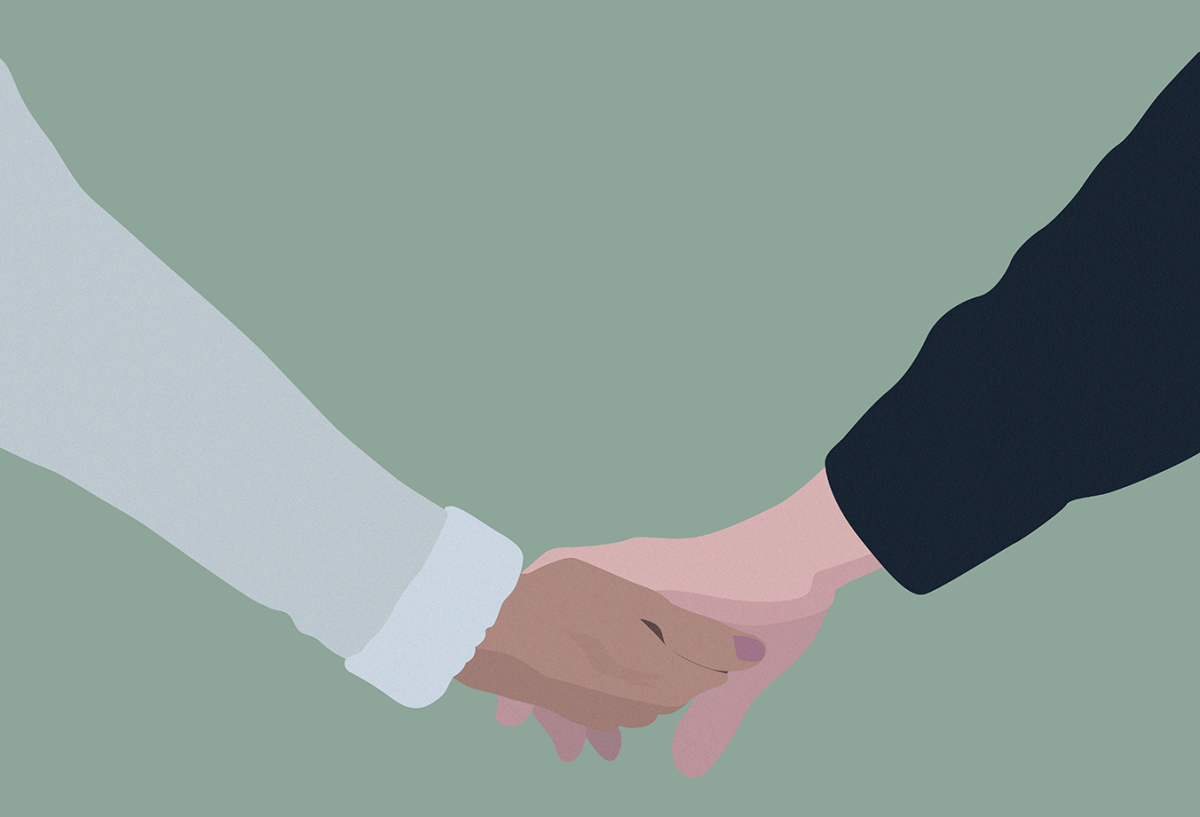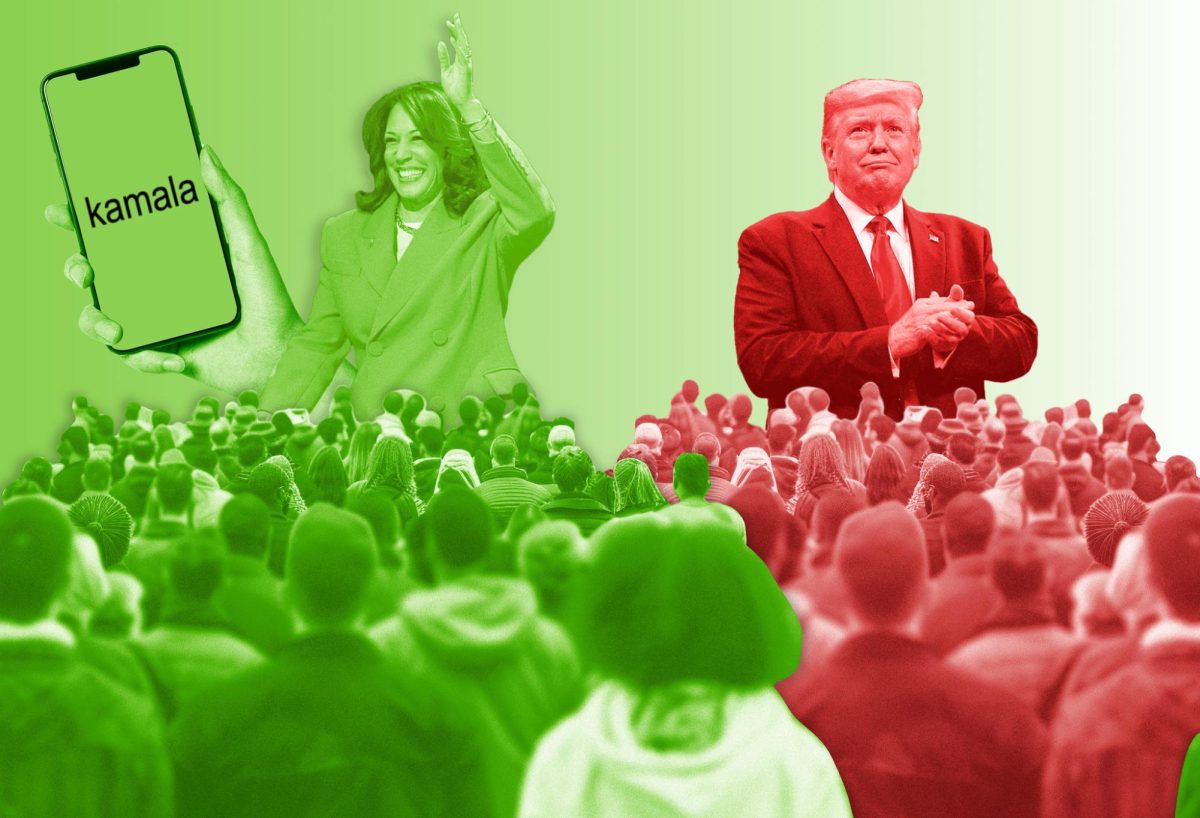High fines unjust for poor: Punishments should take income into account
March 31, 2015
Whether by speeding, trespassing, jaywalking or illegal parking, we have all broken the law at some point. Even if we got caught, most of us could breeze past the punishment.
However, many low-income individuals and households are shackled by trivial offenses, and this is simply unjust.
I bet you know someone who struggled to pay a fine. Just less than half of Americans could cover a $400 emergency expense without selling something or borrowing, according to the Report on the Economic Well-Being of U.S. Households in 2013 from the Board of Governors.
I propose that fines and fees should be more like bail or income tax — dependent on one’s ability to pay. The stories of those who have been victimized by the system make it clear.
Take, for example, Harriet Cleveland, a woman from Montgomery, Ala. Unfortunately, Cleveland racked up hundreds of dollars worth of fines from traffic tickets that she could not afford.
One morning, Cleveland was taken by police from her house while she tended to her grandson.
Worse still, Cleveland said she really wanted to pay off the fines; she lost her car, and handed over 2,000 dollars but still didn’t meet the accumulated fees.
To me, it’s disgusting that a kind, harmless grandmother was taken from her family because of her inability to pay tickets.
Cleveland’s story is just one example of someone who was harmed by fines and fees for nonviolent crimes. You can find this and more on HBO’s March 22 episode of ‘Last Week Tonight.’ It is madness that some of the “criminals” who didn’t have enough money were put in jail.
You see, the logic of our petty crime punishment is flawed. It hopes to deter people from committing crimes by doling out fines. Yet these fines are flat rates; different people will think of a given fine as meaningless, annoying, fitting, difficult, harmful or destructive.
It’s obvious that we value certain amounts of money depending on how much excess money we have. If we want our punishments for minor infractions to deter crime, then we should fine people depending on their income. Only then will we all feel equal deterrence from the crimes.
As it is, a rich person might see a fine as simply a nuisance, while the same punishment can be life-altering for the poor. We can say that the result of all fines is deterrence, but this is not the reality.
To be sure, this is not a novel idea. Many European countries have enacted sliding-scale fines.
The poor and needy already have a disadvantage when it comes to the law since they can’t afford expensive legal counsel. Now, our irrational fines are making them suffer. The less-affluent may remain quiet, but how much more can we trample on them under the guise of justice?





